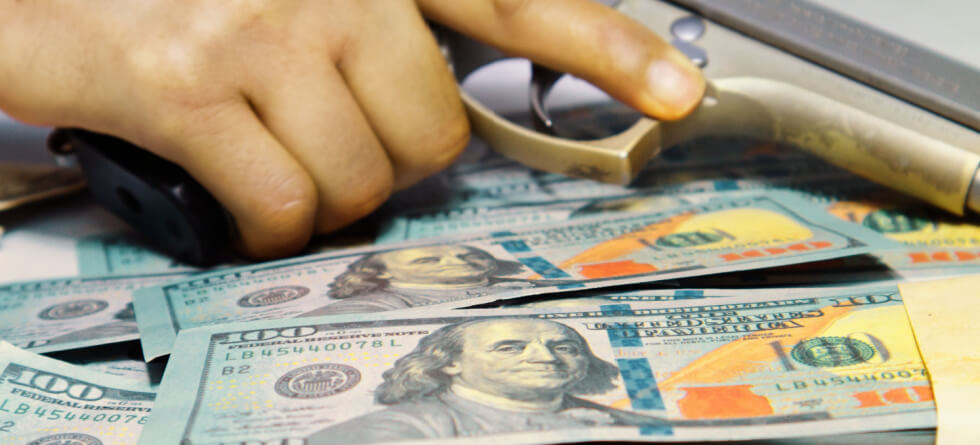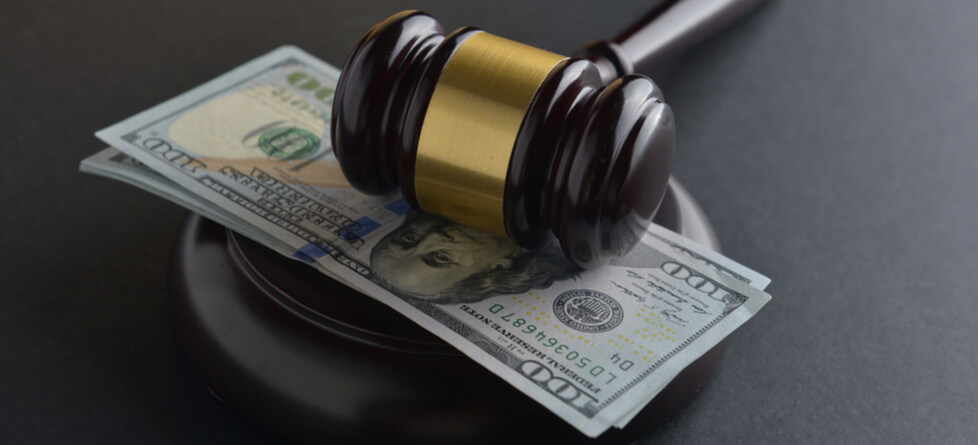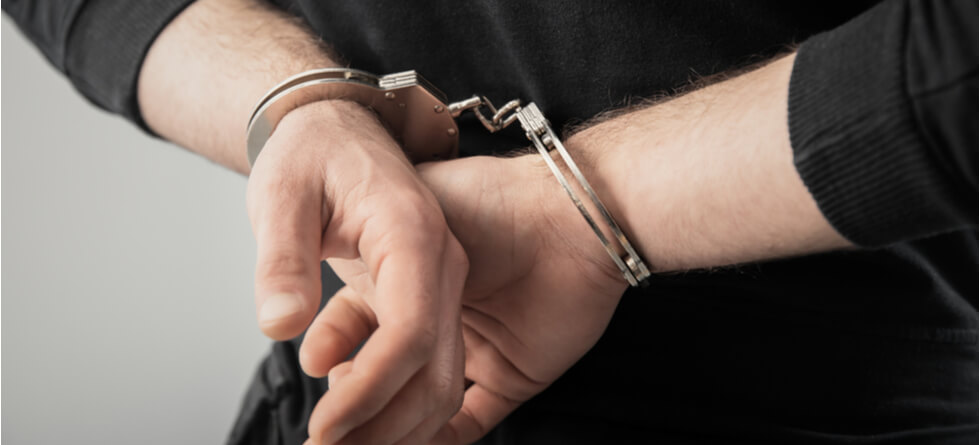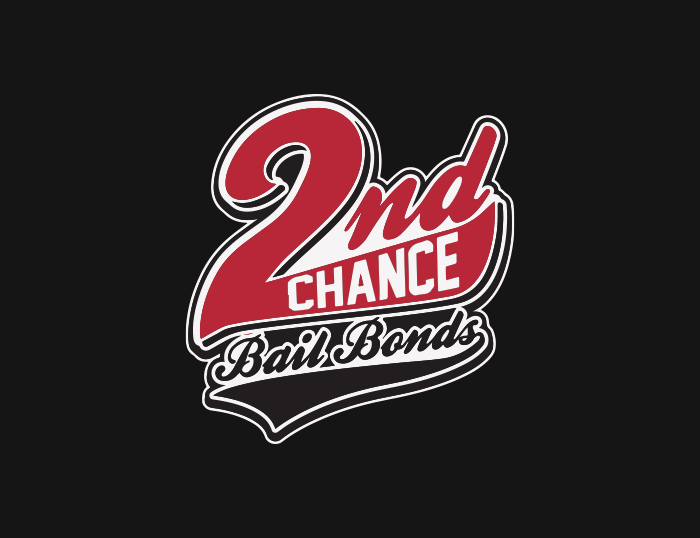The amount of bail for a felony charge can vary widely depending on a number of factors, including the specific charges, the jurisdiction where the case is being heard, and the defendant’s criminal history, among other things.
In general, bail for felony charges tends to be much higher than bail for misdemeanor charges, in part because felony charges are more serious and carry more severe penalties.
In some jurisdictions, there may be a standardized bail schedule that sets a predetermined amount of bail for different types of felony charges. However, in many cases, the judge will consider a variety of factors when setting bail, such as the nature of the charges, the defendant’s flight risk, and their ties to the community, among other things.
If the amount of bail set by the judge is too high for the defendant to pay in full, they may be able to obtain a bail bond from a bail bondsman. In this case, the defendant would pay a fee to the bail bondsman, who would then post the full amount of the bail with the court in exchange for a percentage of the total bail amount. The defendant would be responsible for paying the bail bondsman’s fee, which is typically a percentage of the total bail amount, and may be required to put up collateral such as property or vehicles as security for the bond.






